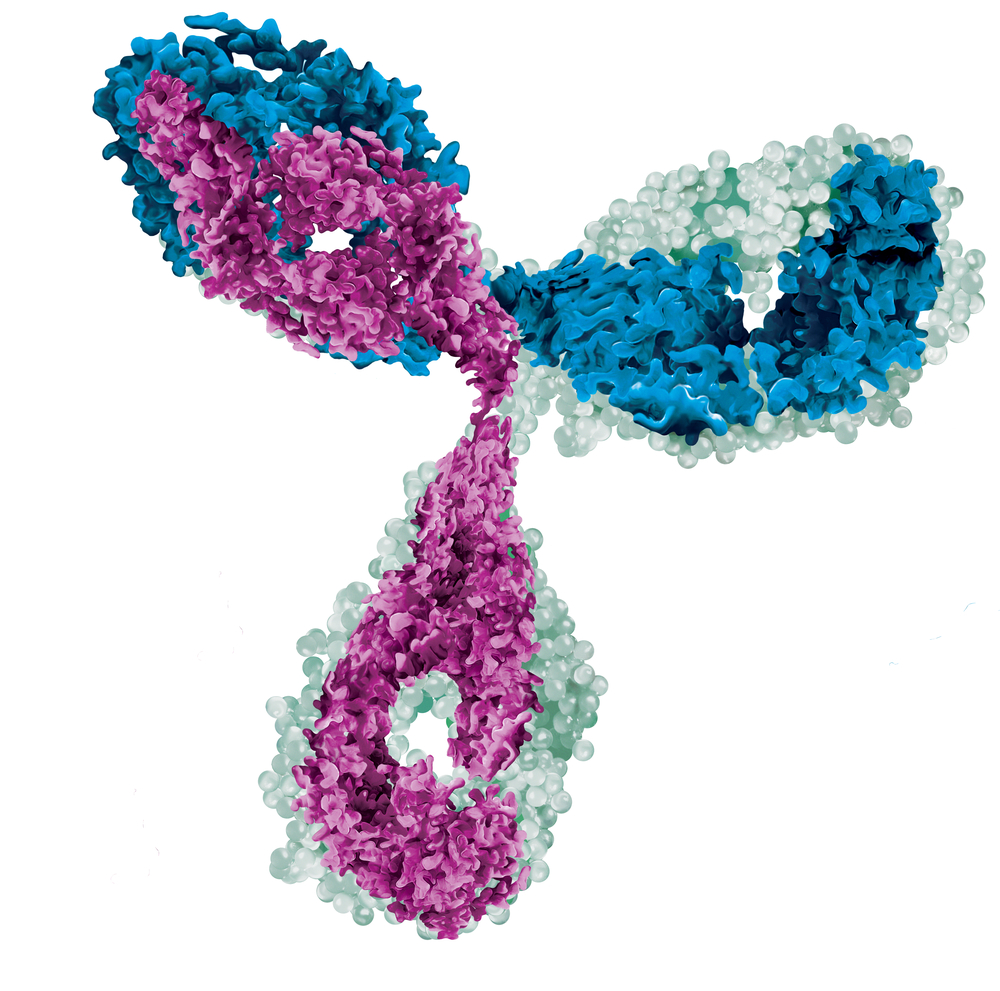Protein Prompts Immune System to Attack the Body, and Its Levels Correlate with Outcomes, Study Shows
Written by |

The protein vimentin triggers autoimmune reactions in people with idiopathic pulmonary fibrosis (IPF), and the intensity of the reactions correlates with the severity of the disease, according to a study.
The findings underscore scientists’ belief that autoimmunity — the immune system attacking the body’s own cells instead of invaders — plays a role in the lung disease. The research also suggests that therapies targeting autoimmune reactions can help those with IPF.
The study, “Autoimmunity to Vimentin Is Associated with Outcomes of Patients with Idiopathic Pulmonary Fibrosis,” was published in The Journal of Immunology.
Scientists have done few studies on autoimmune responses and the antigens that trigger such responses, however.
In one study, researchers found vimentin in the exhaled breath of IPF patients, but not in healthy people. Several types of cell secrete the protein, whose functions include regulating immune responses.
“These findings prompted us to investigate whether soluble vimentin was also present in [blood] plasma from IPF patients and, if so, how concentrations of this protein might vary from those of normal individuals,” the researchers wrote.
They discovered that IPF patients had higher levels of vimentin in lung tissue and blood samples and than healthy controls. In addition, that found that a substance associated with the development of IPF — a protein known as transforming growth factor beta 1 (TGF-b1) — prompted cells to secrete vimentin.
Lab experiments showed that vimentin secretion triggered a much higher level of T-cell proliferation in IPF patients than in controls.
Vimentin also increased levels of CD4+ T-cells, which are associated with inflammation. The cells produce several cell-signaling molecules — including interleukin 4 (IL4, IL-4), IL-17, and TGF-b — that trigger inflammation.
Another experiment involved adding vimentin to the blood immune cells in IPF lab models. The addition triggered the production of anti-vimentin antibodies that contribute to autoimmunity.
Together, the results suggested a connection between the level of anti-vimentin antibodies that the body produces and manifestations of IPF. Putting it another way, “we found a significant inverse correlation between levels of anti-vimentin autoantibodies and measures of pulmonary function,” the researchers wrote.
Overall, the results “show that anti-vimentin autoreactivity is prevalent in IPF patients and is strongly associated with disease manifestations,” they wrote. “These findings have implications with regard to the pathogenesis [the development path] of this enigmatic disease and raise the possibility that therapies specifically directed at these autoimmune processes” could be effective.






